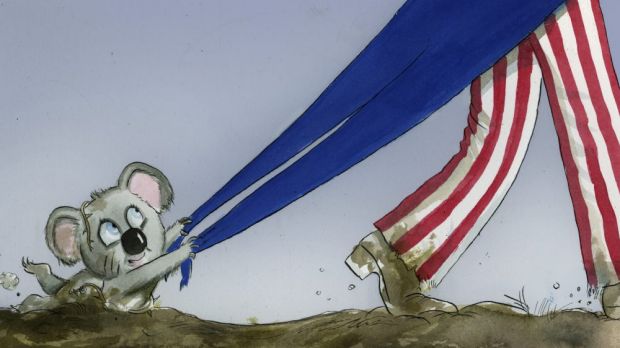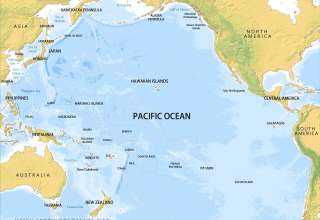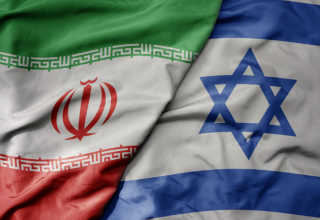By Bevan Ramsden
Current Australian defence policy involves close integration with the United States military in all areas, making an independent foreign policy impossible and ensuring Australia’s automatic involvement in US-instigated wars such as a war with China, our major trading partner. A policy of neutrality would free Australia from involvement in such disastrous military adventures and enable the pursuit of peaceful and mutually beneficial relations with all countries. Recent polls have shown that neutrality has considerable support in the Australian community.
The various organizations comprising the Australian peace movement have long campaigned against successive Australian governments’ slavish adherence to U.S. foreign policy and the close and comprehensive integration of the Australian military with that of the U.S. This integration and inter-dependence is now so close that Australian foreign policy is arguably made in Washington, not Canberra and involvement in U.S.-led wars all but inevitable.
This close alignment is underpinned by the U.S- Australia alliance, the Force Posture Agreement (FPA) and the AUKUS Security Pact.
Australian involvement in a U.S. war on China would be disastrous for the people of Australia, our region and the world. Trade with China would cease, shipping and trade generally would be disrupted and the people would be impacted by shortages of everyday items, severe job losses and the general wrecking of the economy. In the event of a full-scale war, U.S. installations such as Pine Gap, the North-West Cape submarine communication base and the B52 bomber base at RAAF Tindal could be subject to retaliatory missile strikes even if Australian forces were not directly involved, and the ultimate horror of nuclear war would be an ever-present possibility. Little wonder that Australian peace organisations are campaigning against AUKUS, the acquisition of nuclear-powered attack submarines, the FPA and U.S. military bases on our soil with the aim of keeping Australia out of such a war.
It is therefore somewhat surprising that the Australian peace movement has not seized on the popular support for neutrality to build a more active and mass-based anti-war movement.
In 2022 and 2023 the Lowy Institute conducted polls to determine the Australian people’s attitude to a war against China. The question was: “In the event of a war between the United States and China should Australia support China, support the United States or remain neutral?”
In 2023, the answer was 57% of Australians overall in favour of neutrality, with 67% of young people and 73% of women in favour of neutrality. These figures were an increase on those of 2022.
A second independent poll done by Essential Research late in 2023, with a similar question, showed 67% of Australians in favour of neutrality.
These figures show the potential for deepening community understanding and actively involving a much larger number of Australians in the campaign to keep Australia out of another U.S. war, in particular one against China over Taiwan. Such mass mobilization would seem to be the only way to challenge the Australian leadership, of both major parties, to rethink and turn away from their current preparation for war and take a neutral stance if such a war breaks out, in the interests of the Australian people and those of our region.
A policy of neutrality is not dishonorable or cowardly.
On the contrary, it is a courageous and honorable position and one that is recognized by the United Nations. It is understood that a neutral country will defend its neutrality and independence if attacked but will not support belligerents engaged in wars elsewhere. A neutral country will not allow foreign military bases or foreign military activities on its soil. Switzerland is perhaps the best-known of example a neutral country and one that spends far less of its GDP on defence than does Australia.
Neutrality does not have to be a universal policy, and can be applied to particular situations.
I contend that the current situation facing Australia urgently requires the embrace of neutrality in regard to a U.S. war with China, whether or not that position becomes or should become, a universal position by Australia in relation to all wars.






